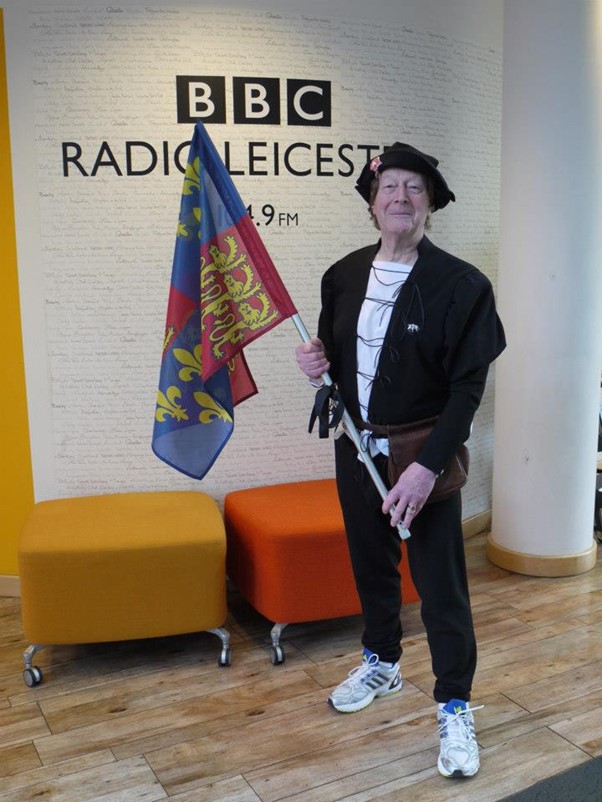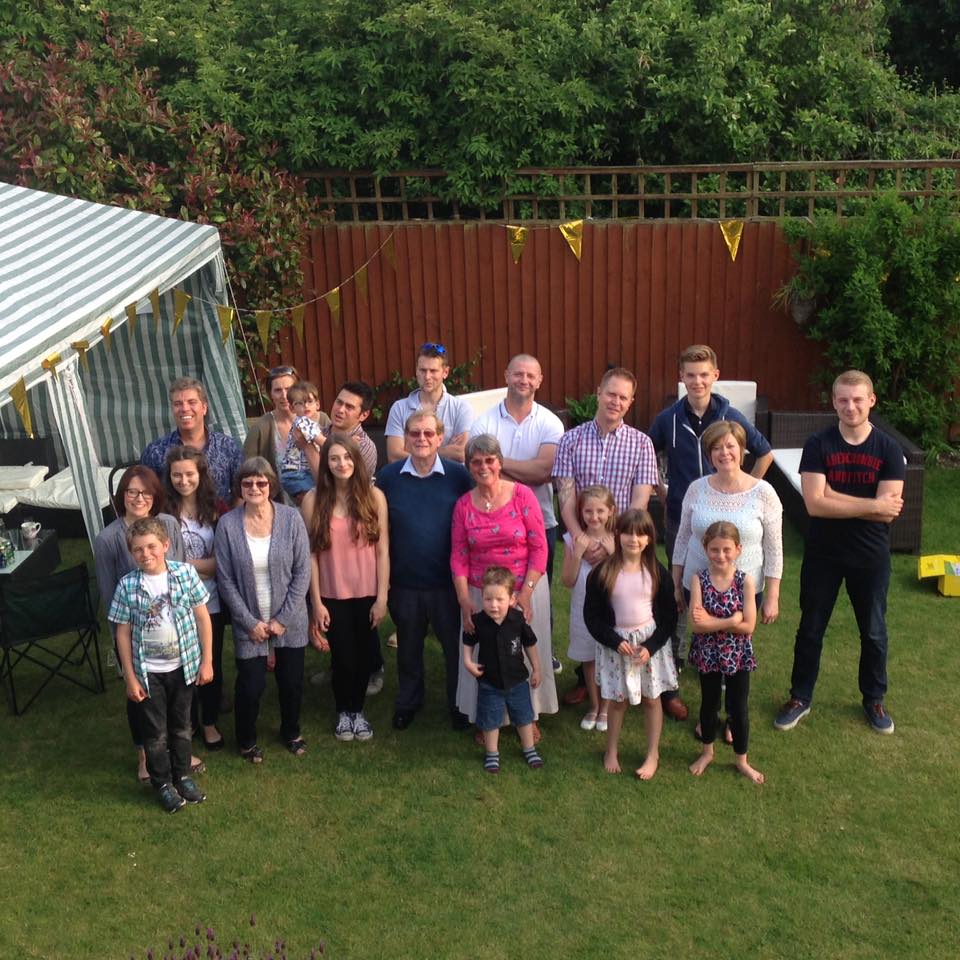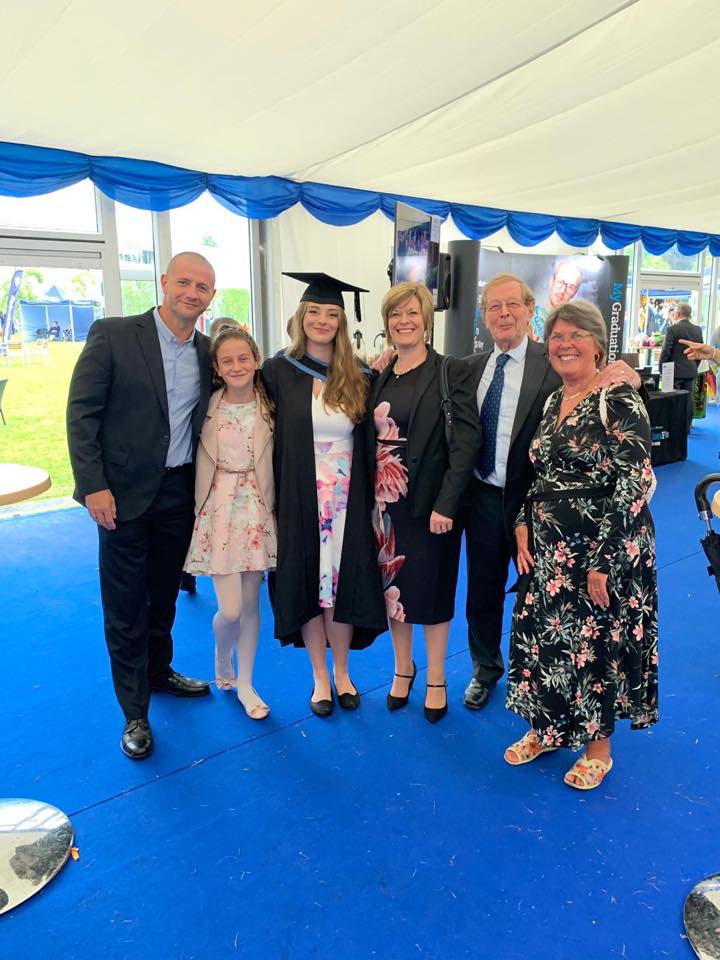“I was much more relaxed about everything once the decision to have surgery had been made”
David Whittington underwent pulmonary endarterectomy surgery in November 2020.
“My breathlessness began in 2018 and it was thought that it was a side effect of my blood pressure medication. But in November 2019 I experienced a near collapse due to low oxygen levels and my wife took me immediately to my GP, who arranged an emergency A&E admission to my local hospital in Leicester.
Various tests identified a pulmonary embolism close to the right side of my heart, causing it to dilate to three times its expected size due to the strain that it was under to circulate oxygenated blood.
I was treated with blood thinners and advised to isolate until I visited a respiratory specialist again. Whilst waiting, at the beginning of 2020 I became aware that my weight had increased by 16kg (due to water retention) and I ended up in hospital again, where I received an intravenous medicinal diarrhetic. At this point I was referred to Royal Papworth Hospital and just a couple of weeks later, the country went into its first lockdown. I was already isolating, and now I was shielding too.
A few months later, in September 2020, I visited Royal Papworth for a right heart catheterisation, which resulted in my diagnosis of CTEPH. I began medication and made a subsequent visit for a coronary angiogram in October, which showed no problems with cholesterol.
I had already been made aware that pulmonary endarterectomy surgery may be required, and on 6th October BB2 broadcast an episode of ‘Surgeons: At the Edge of Life’ which showed this very operation being carried out. This contained a lot of detail and I found it very reassuring that the team had the experience and commitment.
Watching the programme reassured me that it would be the best course of action; therefore, I was prepared to proceed with the operation if it was to be suggested.
Shortly afterwards, it was. The operation was discussed in detail with me, and I was made aware of associated risks and how long it may be (nine hours). I was happy to complete the form giving my agreement for the treatment.
I am very fortunate to be supported by my family and friends, as well as a very caring church family who have remained in contact throughout. My own strength of faith also contributed to convince me that I had to trust the advice and co-operate with the doctors and medical staff with whom I had consultations.
Plus, I felt I had two choices – stay as I was and continue experiencing breathlessness, or accept the operation with at least a 93 per cent chance of success. I felt I had little option and I was much more relaxed about everything once the decision had been made.
I had the surgery on 20th November 2020 and it was a success. Unfortunately, due to COVID-19 lockdown restrictions and living 100 miles from Cambridge, I was unable to have any visitors.
Now, seven weeks after the operation, my breathing has markedly improved and I am able to walk up and down stairs again – whereas previously I was using a stair lift that had been installed when my mother was living with us.
I am feeling very positive that I will be able to resume swimming and jogging, as well as driving my 53-year-old MGC GT in the not-so-distant future.
I am also looking forward to attending church and resuming my governor duties at my local primary school. And – when COVID-19 restrictions allow – I’m looking forward to meeting up with the many people I haven’t seen for over a year.
I hope that anyone reading this might be inspired by the journey I have been on, most of which has been beyond my personal control!
Despite all the burdens placed upon NHS staff, the attention and treatment by every member of staff – from receptionists through to ward orderlies, consultants and surgeons – has been exceptional. I wanted or needed for nothing, and I cannot praise them highly enough.
Given all that has happened, I did my best to co-operate with all that was asked of me and I am sure that maintaining this attitude with the staff made the whole experience easy to tolerate.”


















